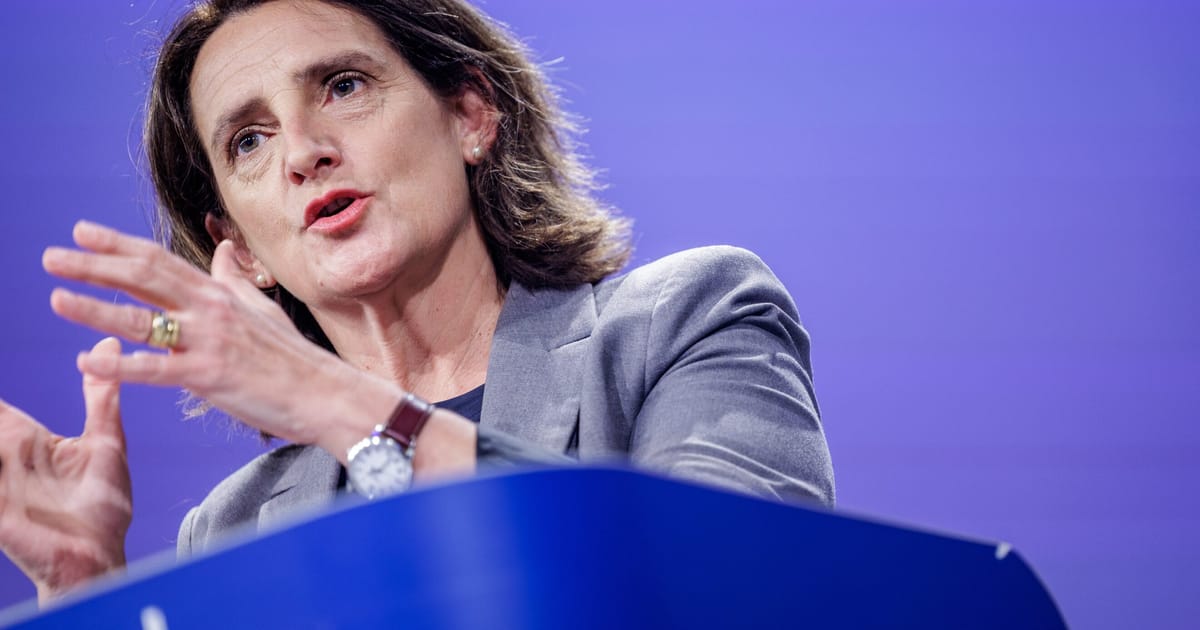

In recent developments, the EU is preparing to introduce new guidelines aimed at advancing its energy framework. The European Commission is set to unveil updated subsidy rules, marking a significant move towards aligning member states with broader sustainability goals. Germany’s energy initiatives appear poised to gain endorsement under these refreshed policies, highlighting a collaborative effort to address climate challenges and enhance energy independence.
This initiative is led by EU competition chief Teresa Ribera, who is expected to announce a policy shift designed to encourage innovative energy solutions across the continent. The key focus is on sustainable growth and energy security, ensuring that member states are equipped to navigate the changing environmental landscape while promoting green energy advancements. This aligns with the EU’s broader strategy to reduce dependence on fossil fuels and strengthen its commitment to combating climate change.
Meanwhile, in the United Kingdom, an interesting development has surfaced regarding Downing Street’s energy supply. It has been reported that the iconic British political hub is receiving gas from a UK subsidiary of TotalEnergies, a major player in the European energy sector and historically a significant importer of Russian gas. This connection underscores the intricate dynamics of energy dependence and supply chain management amid ongoing geopolitical tensions.
In the international arena, attention turns to the United States and its diplomatic engagements. Recently, President Donald Trump garnered praise at a NATO summit, with particular acknowledgment from Dutch Prime Minister Mark Rutte. Rutte lauded Trump for his “decisive action” in fostering stability in volatile regions like Iran. President Trump, participating in discussions at the Hague, emphasized the importance of collective investment in the alliance’s defense capabilities, which he believes is crucial for long-term peace and security in Europe and beyond.
This summit arrives at a critical juncture for NATO and its partners, as the alliance seeks to navigate complex global challenges and reinforce its commitment to collective security. President Trump’s approach, particularly in the Middle East, has been positioned as potentially paving the way for a renewed era of stability, with hopes of reducing migration pressures into Europe.
Domestically within the U.S., another significant legal development has unfolded. A Seattle-based federal judge has intervened regarding the allocation of funds initially designated for electric vehicle (EV) infrastructure. This judicial decision blocks the Trump administration from withholding $5 billion previously earmarked for 14 states under a national EV infrastructure scheme introduced during Joe Biden’s presidency. This ruling is seen as a reinforcement of commitments to expanding sustainable transportation infrastructure across the United States, supporting both economic growth and environmental goals.
The broader implications of these diverse developments reflect a global commitment to addressing pressing challenges through cooperation and innovation. From energy policy shifts within Europe to international diplomacy and domestic legal proceedings in the United States, these narratives collectively capture a world in transition, seeking balance and progress in a rapidly evolving landscape.
Source: {link}
